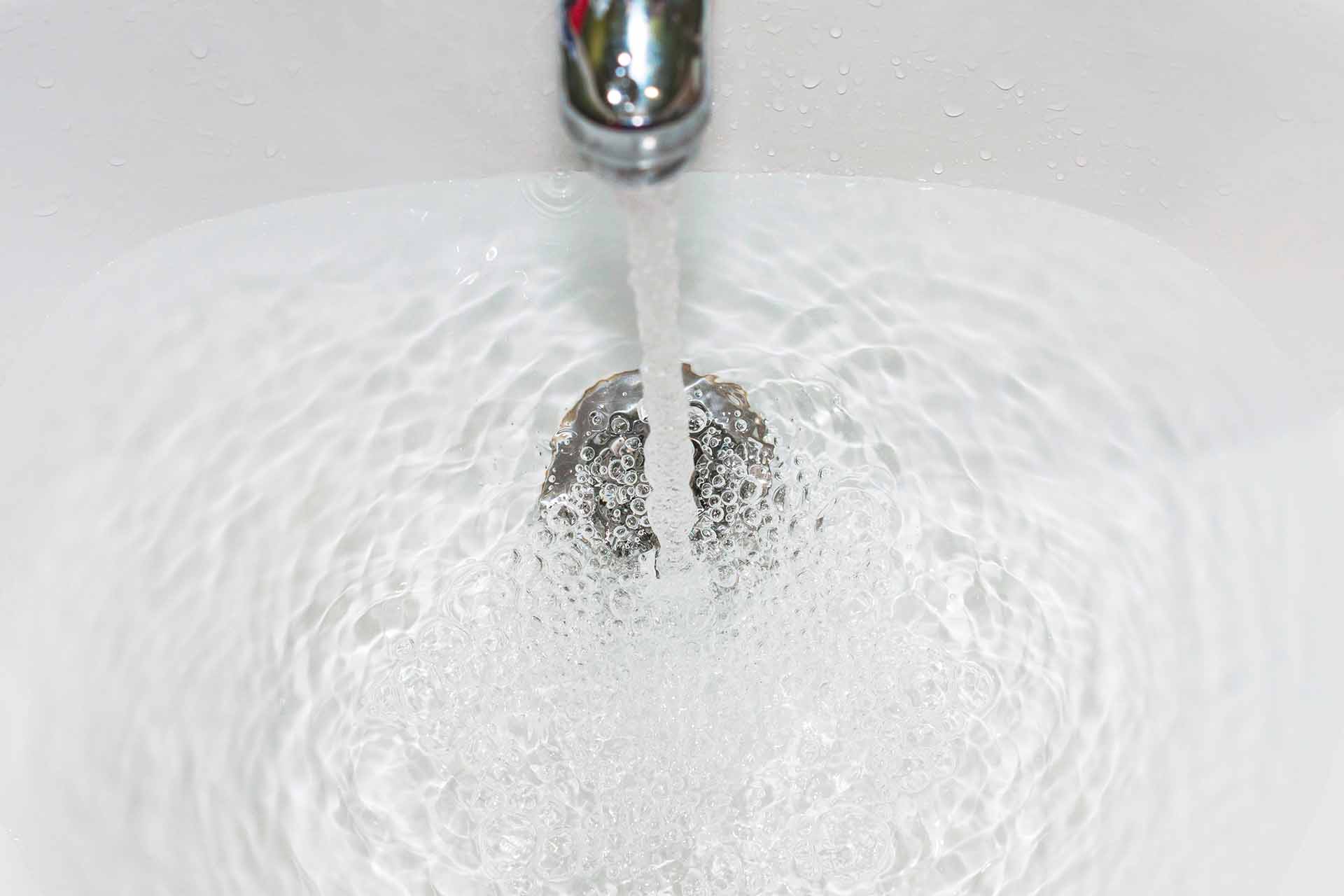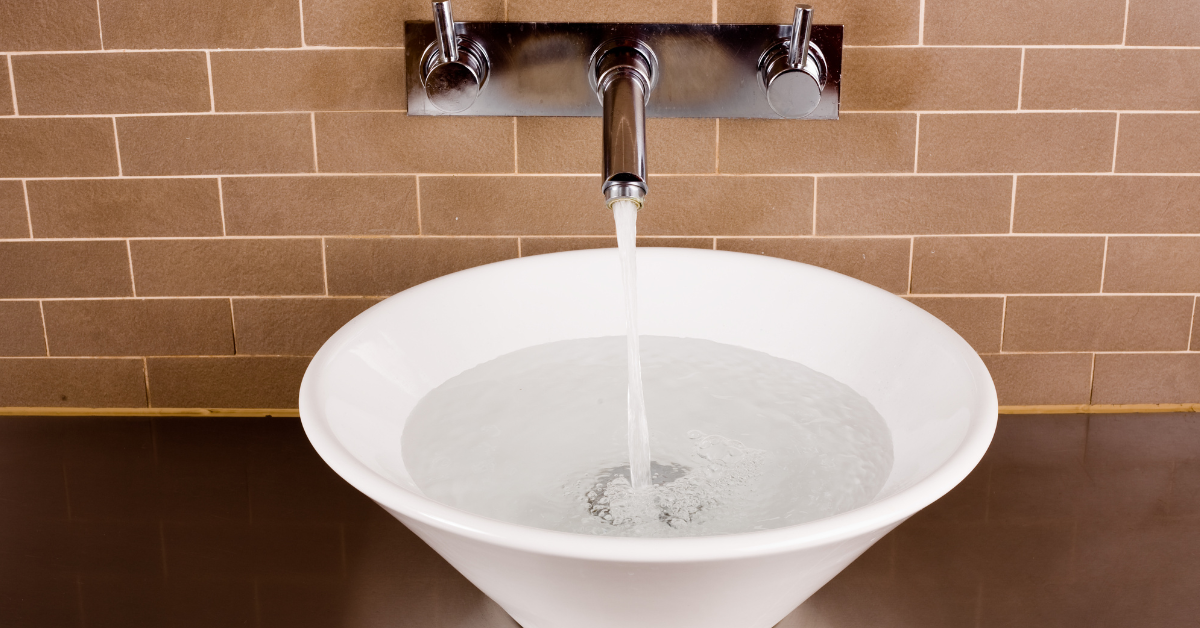Reliable Ways To Correct Slow-Draining Sink Problems
Reliable Ways To Correct Slow-Draining Sink Problems
Blog Article
What are your insights and beliefs about Solved! How to Fix a Slow Sink Drain?

Introduction
We have actually all been there: You're cleaning your teeth or washing your hands, and you notice the water pooling in the sink. Rather than quickly swirling down the tubes, it sticks around, turning your once-refreshing early morning regimen into a miniature swamp scene. A slow-draining sink isn't simply annoying; it's usually an indicator of larger pipes issues lurking under the surface. The good news is that a lot of slow-draining sinks can be taken care of with a little expertise, a few standard tools, and some perseverance. Ready to tackle this job head-on? Allow's roll up our sleeves and dive right in.
Comprehending the Causes of a Slow-Draining Sink
Before you start poking around in your pipelines, it assists to recognize what might be creating the downturn. Comprehending the origin makes it less complicated to pick the ideal fix.
Devices and Products You'll Need
The right devices make all the distinction. Thankfully, you will not need a totally stocked plumbing's van to do the job.
Step-by-Step Guide to Fixing a Slow-Draining Sink
Currently, let's get involved in the nitty-gritty. This step-by-step procedure will assist you through basic strategies to restore your sink's drainage.
Action 1: Remove and Clean the Stopper
Usually, the stopper (that tiny plug you push down to block water) is the first culprit. Remove it thoroughly and clean off any type of hair or substance trapped around its base. Rinse it thoroughly prior to placing it back in position.
Action 2: Utilize a Plunger to Dislodge Debris
Got that bettor prepared? Position it over the drainpipe and offer it a few company pumps. The idea is to produce suction that can loosen any clog. If you see littles particles floating up, you get on the best track.
Step 3: Attempt a Drainpipe Serpent or Cord Hanger
If the bettor does not do the trick, it's time to highlight the drainpipe snake. Gently feed it into the drain and spin as you go. You could feel some resistance-- that's likely the blockage. Keep twisting and pulling till you remove the blockage. If you don't have a drainpipe snake, a straightened out cable hanger can work in a pinch.
Tip 4: Apply a Do It Yourself Drainpipe Cleanser
A natural cleaner made from cooking soft drink and vinegar can break down residual grime. Put half a mug of cooking soda into the drain, complied with by half a mug of vinegar. Let it fizz for around 15 minutes, then flush with hot water. This chemical reaction typically does marvels for small blockages.
Tip 5: Rebuild and Check the Sink
Placed everything back together and run the tap. Does the water currently swirl away at a respectable rate? If yes, offer on your own a pat on the back. Otherwise, don't despair-- there are still a few more dress up your sleeve.
Crucial Devices for DIY Repairs
A bettor is your best beginning factor. A little, sink-sized plunger develops suction that can remove small blockages. For even more persistent clogs, a drain serpent (in some cases called a plumber's auger) functions marvels. A set of handwear covers, a flashlight, and possibly a pair of safety safety glasses are also convenient.
Suggested Cleaning Solutions
Mild dish soap and hot water can assist break down oily build-up. A combination of baking soda and vinegar is a reliable natural home remedy, and chemical cleaners use an even more environmentally friendly technique. Maintain chemical drainpipe cleansers as a last resort, as they can be severe on your pipes.
Common Perpetrators Behind Slow Drain
So, what's blocking points up? Generally, it's a mix of everyday debris-- assume hair, soap residue, tooth paste deposit, and remaining food bits. In time, these tiny bits collect and cling to the pipe wall surfaces, slowly narrowing the flow and making it harder for water to go through. Sometimes, natural resource from hard water can additionally include in the gunk, creating the perfect tornado for persistent obstructions.
When is it Time to Do Something About It?
If you notice the water draining pipes slower than common, it's a great idea to interfere faster rather than later on. Waiting too long can bring about complete obstructions, undesirable odors, or even pipe damage. If the water takes greater than a couple of seconds to clean out after turning off the faucet, consider it a red flag and prepare to place on your do it yourself hat.
Safety And Security First: Safety Measures and Prep work
Prior to you launch into unclogging mode, consider security. You're managing possibly dirty water and debris, so slip on a pair of handwear covers. If you're making use of chemical cleansers, make sure the space is well-ventilated and comply with the instructions on the label.
Protective Gear and Work Space Configuration
Lay down some old towels or dustcloths around the sink location to capture dashes. Remove any kind of items that could enter your method, like soap dispensers or tooth brush owners. Ensure you have excellent lighting-- get a flashlight if needed.
Different Methods for Stubborn Clogs
Not all blockages are produced equivalent. If your sink still rejects to coordinate, take into consideration these alternate remedies.
Sodium Bicarbonate and Vinegar Technique
We currently touched on this, however it deserves keeping in mind again. This gentle, eco-friendly technique is more secure than chemical cleaners and commonly rather reliable.
Chemical Drain Cleaners
Enzyme-based cleaners make use of all-natural bacteria to digest raw material. They're a superb selection if you're looking to stay clear of extreme chemicals. Just keep in mind, they might take a bit longer to function their magic.
Chemical Drain Cleansers: Benefits And Drawbacks
Chemical cleaners can blow up with tough obstructions fast, however they're not without disadvantages. They can generate heat and fumes, damage pipes if used exceedingly, and posture ecological dangers. Utilize them sparingly, and constantly adhere to the directions carefully.
Safety Nets to Keep Your Sink Flowing
Prevention is the most effective cure. By adopting a couple of straightforward practices, you can keep your sink from reducing to begin with.
Regular Cleansing Behaviors
Wipe down the sink basin and fixture area consistently. Get rid of hair or food particles before they have a possibility to wash down the drain.
Preventing Hazardous Materials Down the Drain
Hesitate before unloading coffee grounds, oil, or coarse veggie scraps down the sink. These offenders hold on to pipe walls, producing clogs with time.
Routine Maintenance Checks
Arrange a fast regular monthly evaluation. Run warm water through the sink for a few mins, paying attention to the circulation. If it appears sluggish, act quick before it comes to be a full-blown blockage.
When to Call a Professional Plumbing Technician
Sometimes, regardless of how difficult you attempt, that clog just will not move. That's when it's time to bring in the pros.
Indications That Show a More Serious Problem
If your sink drains pipes gradually regardless of several attempts, or if you see water backing up in various other fixtures (like your shower or toilet), you may have a much more severe pipes issue lurking deeper in the system.
Balancing Do It Yourself Initiatives with Specialist Aid
While do it yourself can save you money and provide a sense of accomplishment, there's no pity in calling a professional. A specialist plumber can examine your whole plumbing configuration, ensuring there's no underlying damage or lasting trouble that could cost you a lot more down the road.
Contrasting Prices and Long-Term Solutions
Prior to deciding, take into consideration the big picture. An inexpensive, quick fix could address the trouble momentarily, yet investing in a much more permanent service can save you cash and stress over time.
Considering the Expenses of DIY vs. Expert Solutions
DIY repairs commonly set you back little greater than the rate of a bettor or a container of baking soda. Expert services, on the other hand, included a price however may stop repetitive issues and pricey repairs later.
Investing in High Quality Fixtures and Upgrades
If your sink's design adds to regular obstructions, it might be worth updating to higher-quality components or modifying the pipes format. Consider this an investment in your home's performance and comfort.
Conclusion
A slow-draining sink can feel like a minor inflammation, yet it's commonly a sign that your plumbing needs a little TLC. By recognizing the origin, using the right tools and strategies, and devoting to simple preventive measures, you can maintain your sink streaming openly. And when all else fails, never ever be reluctant to call a professional-- your home's plumbing deserves the investment in care and maintenance.
Three Common Ways to Fix a Slow Drain
Baking Soda Method
Boil a full pot of water. Measure out cup of baking soda and pour it down the drain. Then take cup of the magical cleansing substance known as white vinegar and drop that down there too. Allow the mixture to fizz in the drain for five minutes as the vinegar and baking soda combine. Now dump in that whole pot of boiling water. This combination of cleaning substances should clear out anything that is causing your sink to drain slowly. If it doesn t...
Zip-It
If the baking soda method doesn t clear out your drain, it may be because a significant amount of hair and/or other debris has collected there and you need to remove it. Purchase a Zip-It tool at any home improvement or hardware store and insert it into your drain. It will catch any collected hair or debris that s blocking the flow of water. Pull it out. If it s got a big clump of hair, etc. on the end, you ve probably got your culprit.
Drain Cleaner
If these methods don t work, there is the standard drain cleaner that you can also buy in a hardware store or even your local grocery store. It s better if you can use a household solution, but these drain cleaners often work in a pinch. They re very simple to use. You generally just dump them in your drain and wait. If even this method is not effective, it may be time to call the plumber.
https://www.mrrooter.com/oneida/about-us/blog/2017/july/three-common-ways-to-fix-a-slow-drain/

I'm just very focused on How to Fix a Slow Draining Sink and I really hope you liked the new blog posting. Do you know somebody who is fascinated about How to Fix a Slow Draining Sink? Be sure promote it. I cherish your readership.
Click Here Report this page